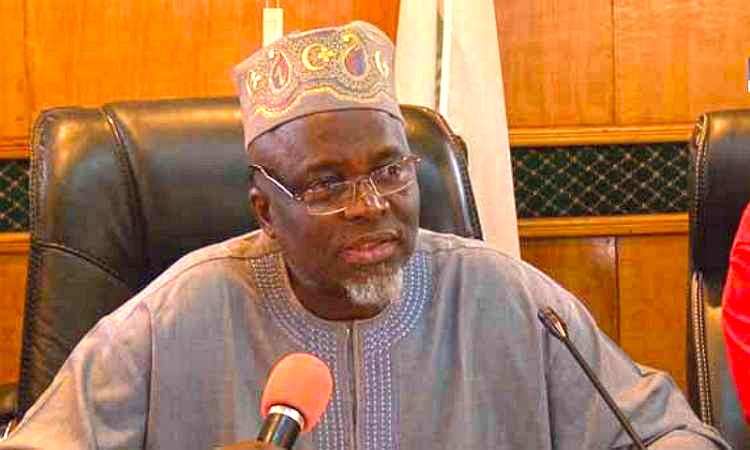The Registrar of the Joint Admissions and Matriculation Board (JAMB), Prof. Ishaq Oloyede, has called on leaders from the South-West region to support the establishment of Sharia panels as a means of fostering peace and promoting religious harmony.
In a recent appearance on Inside Sources with Laolu Akande on Channels Television, Oloyede, who also serves as the Secretary-General of the Nigerian Supreme Council for Islamic Affairs, addressed growing concerns regarding the idea of Sharia panels in the region.
He expressed frustration over the lack of understanding surrounding the issue, noting that Sharia panels have long existed in the South-West.
“I believe that Nigeria is great, and Nigeria will continue to be great, but it requires a lot of rethinking. Recently, people have been talking about Sharia panels in the South-West, and I was just smiling; I was smiling that I had never seen that level of ignorance being displayed,” Oloyede said.
He went on to highlight that Sharia panels have been in place for years, citing a 2007 PhD thesis on the subject by Prof. Makinde, a professor at the University of Ibadan.
The thesis, according to Oloyede, confirms that Sharia panels have existed long before the recent debates on the matter.
Reflecting on the broader issue of religious tolerance, Oloyede, who was once the Vice-Chancellor of the University of Ilorin, noted that Muslims in the South-West feel the psychological burden of the region’s peaceful coexistence.
He pointed out that while the region is known for its tolerance, it can sometimes lead to an imbalance in religious rights and practices.
“When you have such a situation (of religious tolerance), and you do not continue to monitor what you are doing, you will be living in the past, I’m a Muslim from the South-West. The Muslims from the South-West pay psychologically for the peace and harmony that we are talking about.” he explained.
READ ALSO: JAMB remits over N6bn to Nigerian government in 2024
Oloyede emphasised that Muslims, unlike Christians, do not have the same access to government-sanctioned marriage dispute resolutions. While churches are licensed by the government to conduct statutory marriages, Muslims face difficulties in resolving marital disputes within the context of Islamic law.
This, according to Oloyede, highlights the need for Sharia courts, particularly in areas where the population practices Islam.
“The churches are licensed by the government to conduct marriages that are statutory, and if you have any dispute within your marriage, you go to government-funded high courts for dispute resolution. If there is a dispute in my marriage, where do I go?” he said. “I don’t have the opportunity because I married according to Islamic rites; I will have to go to a customary court where the judge knows next to nothing about my faith, about the laws on the basis on which we got married.”
Oloyede also pointed to the fact that the Nigerian Constitution allows for the establishment of Sharia Courts of Appeal, as seen in parts of northern Nigeria.
He argued that while there is religious harmony in the South-West, there is also a silent struggle among Muslims who feel their rights are overlooked.
Recently, the topic of Sharia panels has sparked controversy in the South-West, with some Muslim leaders advocating for their establishment as a way to uphold the rights of the Muslim community, while non-Muslim groups have voiced concerns over potential divisive implications.
Oloyede’s call for support from South-West leaders is aimed at resolving these tensions and ensuring the peaceful coexistence of all religious groups in the region.



